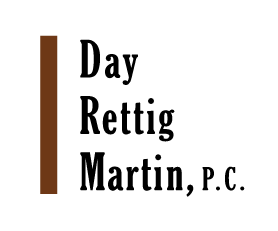Alternative dispute resolution, or ADR, is often an excellent way to resolve a legal issue without the expense and complication of going to court. The two most common forms of ADR are arbitration and mediation.
- Arbitration. Arbitration is less formal and less expensive than a trial. The arbitrator, a neutral third party, listens to both sides and then issues a decision. Many contracts in a number of industries such as employment, sales, and construction include a provision stating that legal issues involving the contract must be resolved through arbitration rather than litigation.
Arbitration can be binding or non-binding. A binding arbitration carries the same legal weight as a court ruling. In some instances, the contract or arbitration agreement will allow an appeal. If this is not the case, then the ruling is final. In a non-binding arbitration, the result is advisory and either party can pursue legal action. - Mediation. The mediation process is another alternative. Mediation is less formal and less expensive than court action, and is therefore used for many civil disputes. Mediation is popular and attractive because it allows parties to avoid court and discuss issues without the constraints involved in a legal action. The mediator, a neutral third party, facilitates dialogue between the parties. The mediator also works individually with the parties to identify goals. Joint negotations are also mediated, and the mediator offers suggestions and opinions on the best resolution. This opinion is not legally binding.
The increasing commitments of time and money necessary to conclude a lawsuit make ADR increasingly attractive to individuals and businesses. Contracts can require legal issues to go through mediation or arbitration before court action.
If you are involved in a legal dispute, or are about to enter an ADR process, consultation with an experienced attorney can help you to protect your rights and inform you about your situation. Your attorney can be an excellent resource.


 Visit Our
Visit Our Contact Us
Contact Us